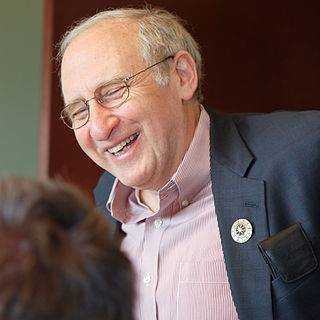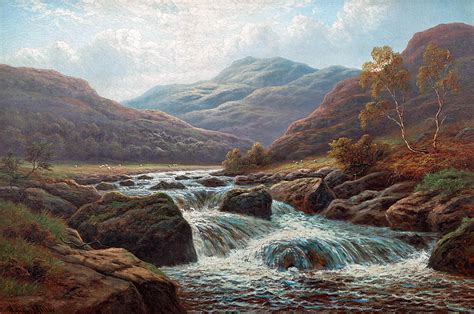A Quote by R. Buckminster Fuller
"The further art advances the closer it approaches science," said Leonardo da Vinci, painter, sculptor, architect, engineer, and inventor of the wheelbarrow, and other useful instruments from the speaking tube to a mechanically gyp-proof whore-house, "the further science advances the closer it approaches art."
Related Quotes
Religion is based upon blind faith supported by no evidence. Science is based upon confidence that results from evidence - and that confidence can be modified and/or reversed by further observations and experimentation. Science approaches truth, closer and closer, by hard dedicated work. Religion already has it all decided, and it's in the book. It's dogma, unchangeable, and unaffected by reality and whatever facts we come upon in the real world.
The life and soul of science is its practical application, and just as the great advances in mathematics have been made through the desire of discovering the solution of problems which were of a highly practical kind in mathematical science, so in physical science many of the greatest advances that have been made from the beginning of the world to the present time have been made in the earnest desire to turn the knowledge of the properties of matter to some purpose useful to mankind.
When I ask myself what are the great things we got from the Renaissance, it's the great art, the great music, the science insights of Leonardo da Vinci. Two hundred years from now, when you ask what are the great things that came from this era, I think it's going to be an understanding of the universe around us.
The high-minded definition of politics is: 'the art or science of government; the art or science concerned with guiding or influencing governmental policy.' It is only when you keep reading in Webster's Ninth New Collegiate Dictionary that you get closer to the truth: 'political activities characterized by artful and often dishonest practices'.
The primary objective of copyright is not to reward the labor of authors, but ‘[t]o promote the Progress of Science and useful Arts.' To this end, copyright assures authors the right to their original expression, but encourages others to build freely upon the ideas and information conveyed by a work. This result is neither unfair nor unfortunate. It is the means by which copyright advances the progress of science and art.





































